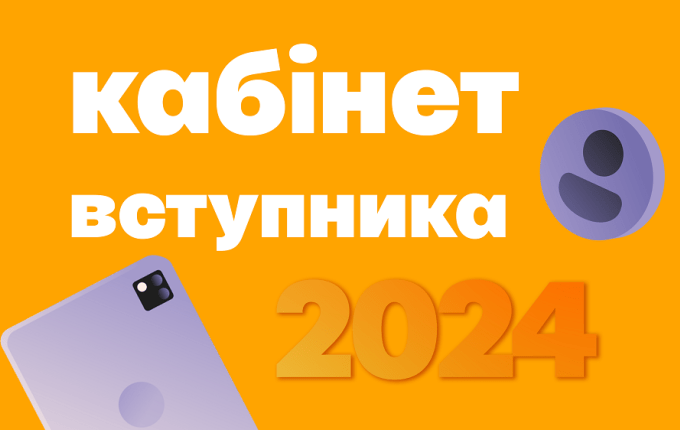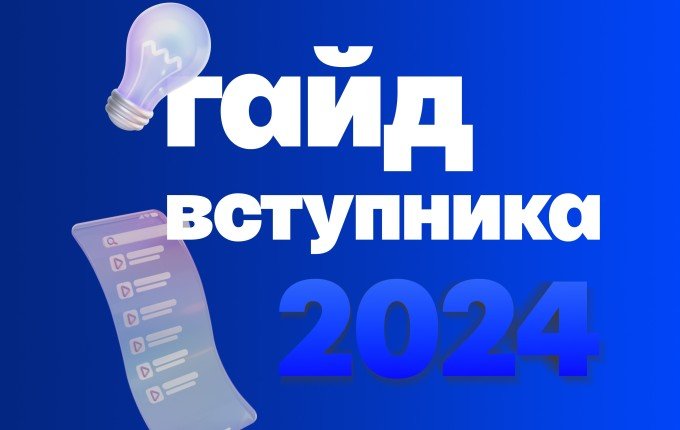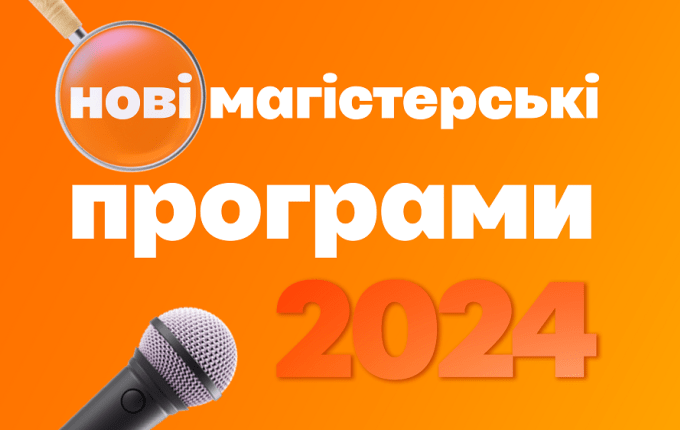Open space for communities: results of EDUSPACE project
Mariupol State University has successfully implemented another international initiative – the project "Open Educational Space for Students and the Community" (EDUSPACE).
Work on the project implementation began in Mariupol, so it had two conditional periods – the Mariupol one with the creation of educational spaces and services for the Mariupol community, as well as the Kyiv one in the context of the MSU relocation to the capital of Ukraine and with the mission of uniting the people of Mariupol around the university.
Due to the full-scale invasion, the project acquired significant changes i.e. the vision of interaction with communities and the construction of an educational space, laid at the beginning, had to be adjusted to new realities.
The university acquired the edifice built in 1932. The MSU community had walls, but it was necessary to bring to them the lost sense of home, breathe life into it, and create comfortable conditions. Owing to EDUSPACE, today Mariupol University is a modern educational space open to students, Mariupol, and Kyiv communities
The Mariupol inhabitant unification in Kyiv began with the activities of the humanitarian headquarters based at the university. People received food packages, hygiene products, clothes, bed linen, and most importantly, they could be listened to and helped. Regarding the community needs, the humanitarian headquarters was transformed into a Civic Center with psychological, legal, educational, and cultural services.
Co-working space, smart library, laboratories of STEM education, robotics, inclusive education, a language laboratory, and a shelter – all this is part of the MSU open space. Some locations, including the co-working space and the EDUSPACE auditorium, have become venues for public events with community involvement. The classes for the senior generation will start soon. The selection process for a digital literacy course within the third-age university is underway.
The international project contributed not only to the infrastructural changes of the Invincible University but also to the development of new master educational programs such as Conflict Resolution and Mediation and Territorial Community Management.
The expertise of the academic community of the University of Genoa (Italy) helped in this. In addition, Italian professors held lectures for future mediators in line with the educational program that was opened despite the challenges of the war. Meanwhile, the Territorial Community Management, adapted to the local self-government of Mariupol, has already been transformed into the Public Studies School in a new international project.


